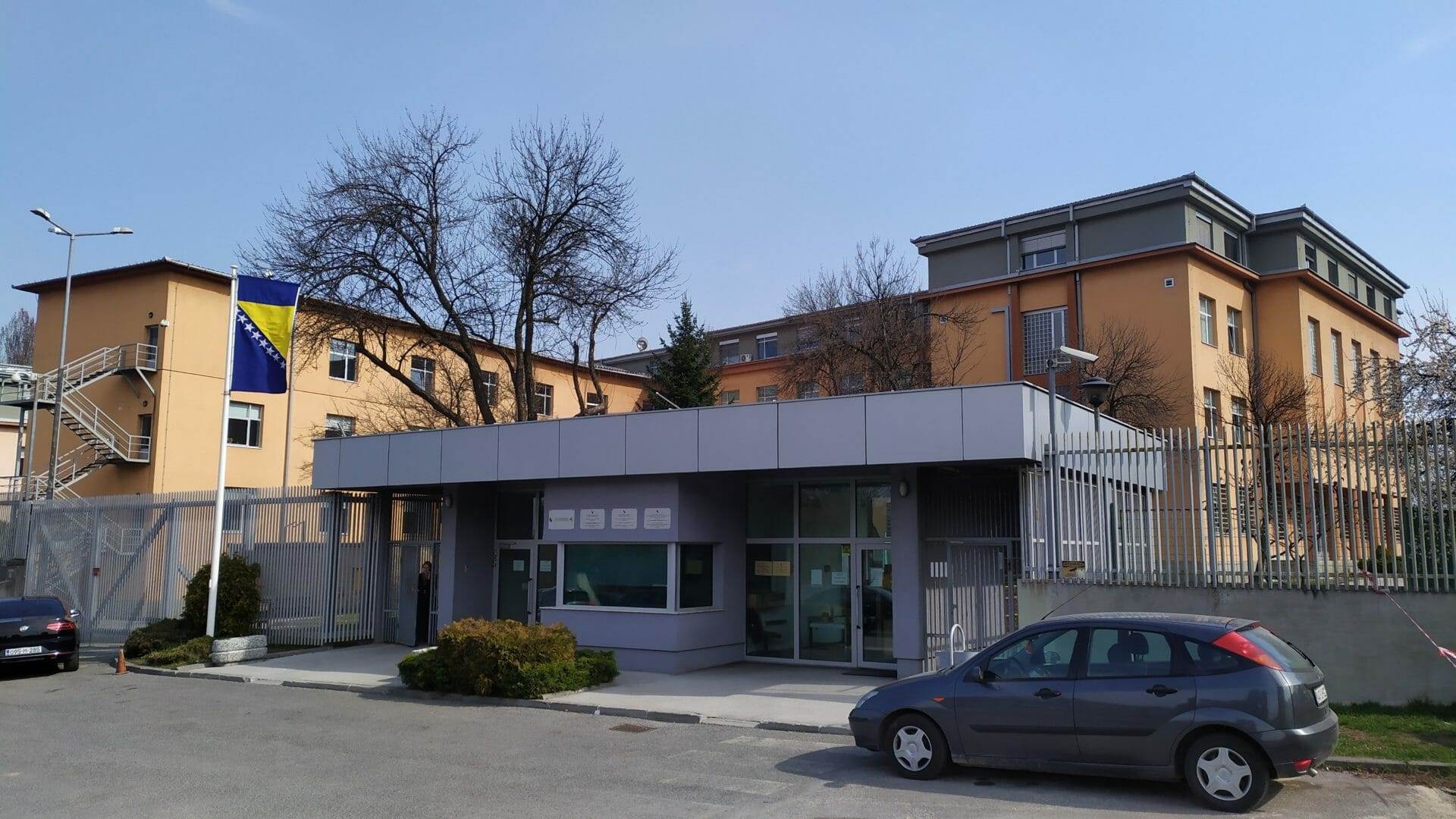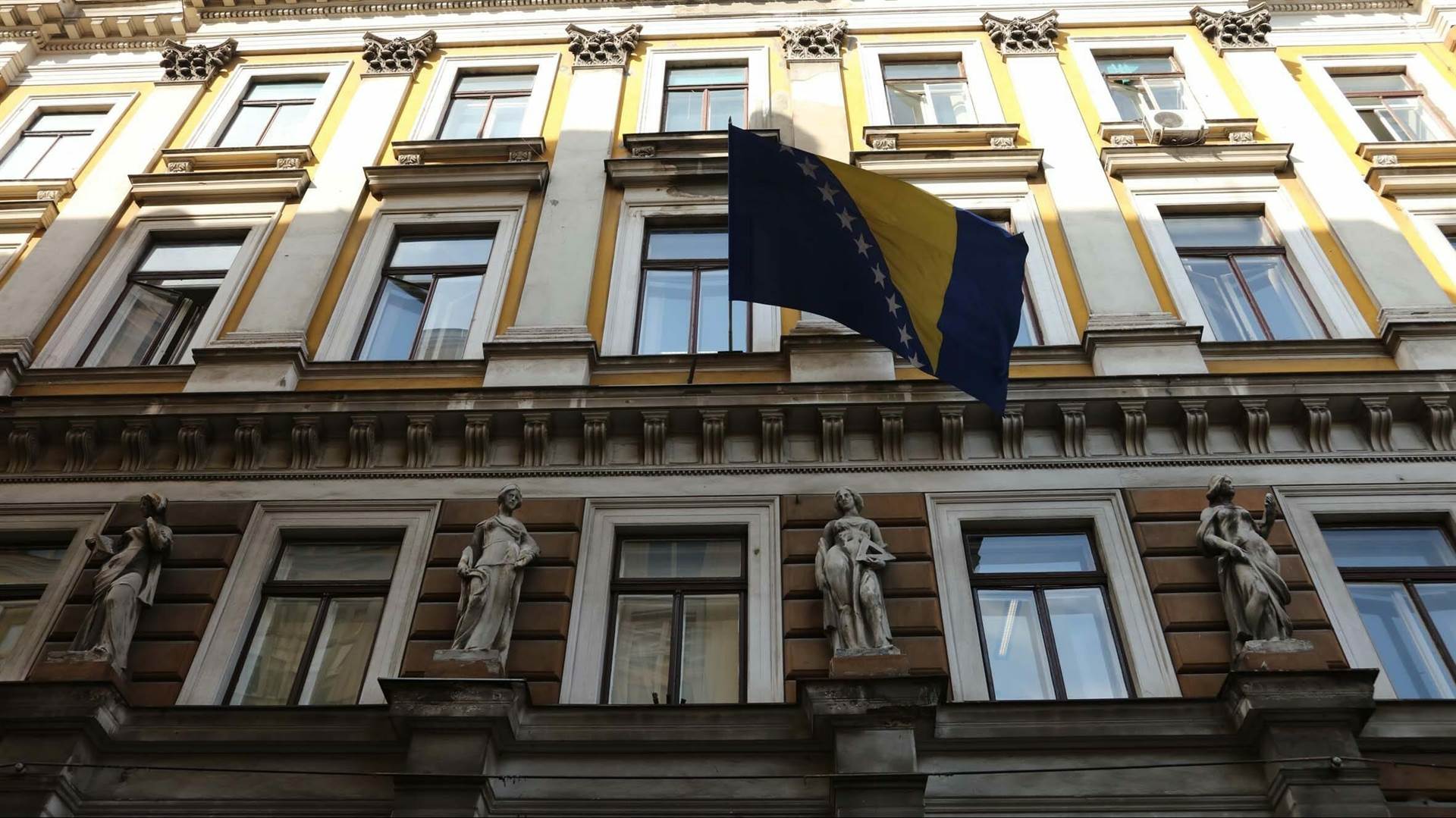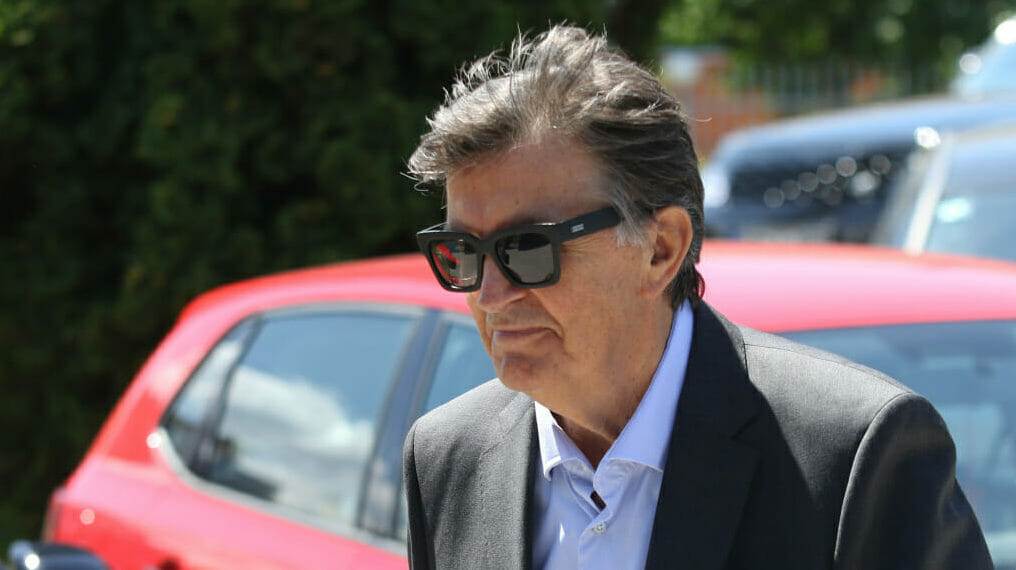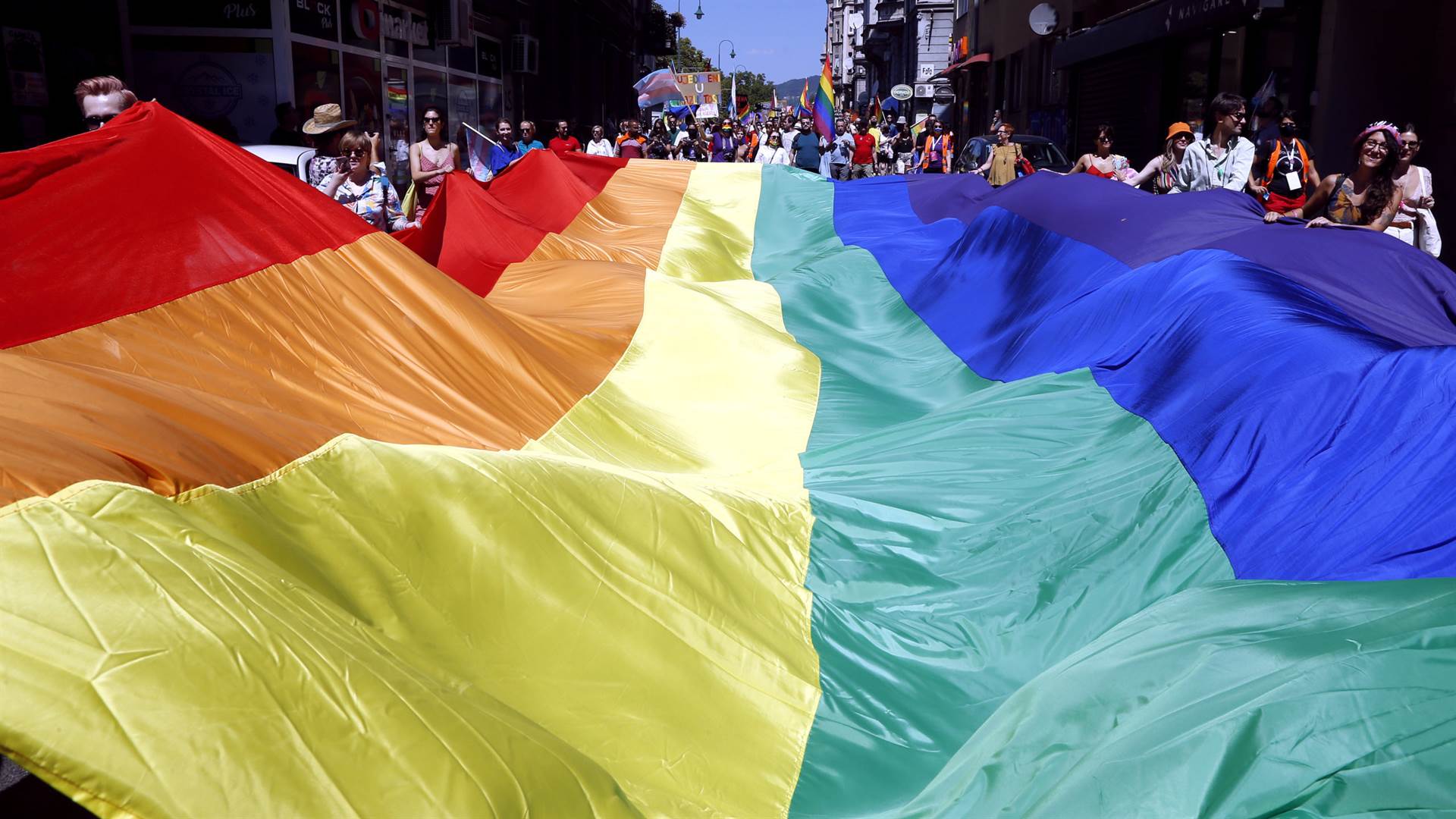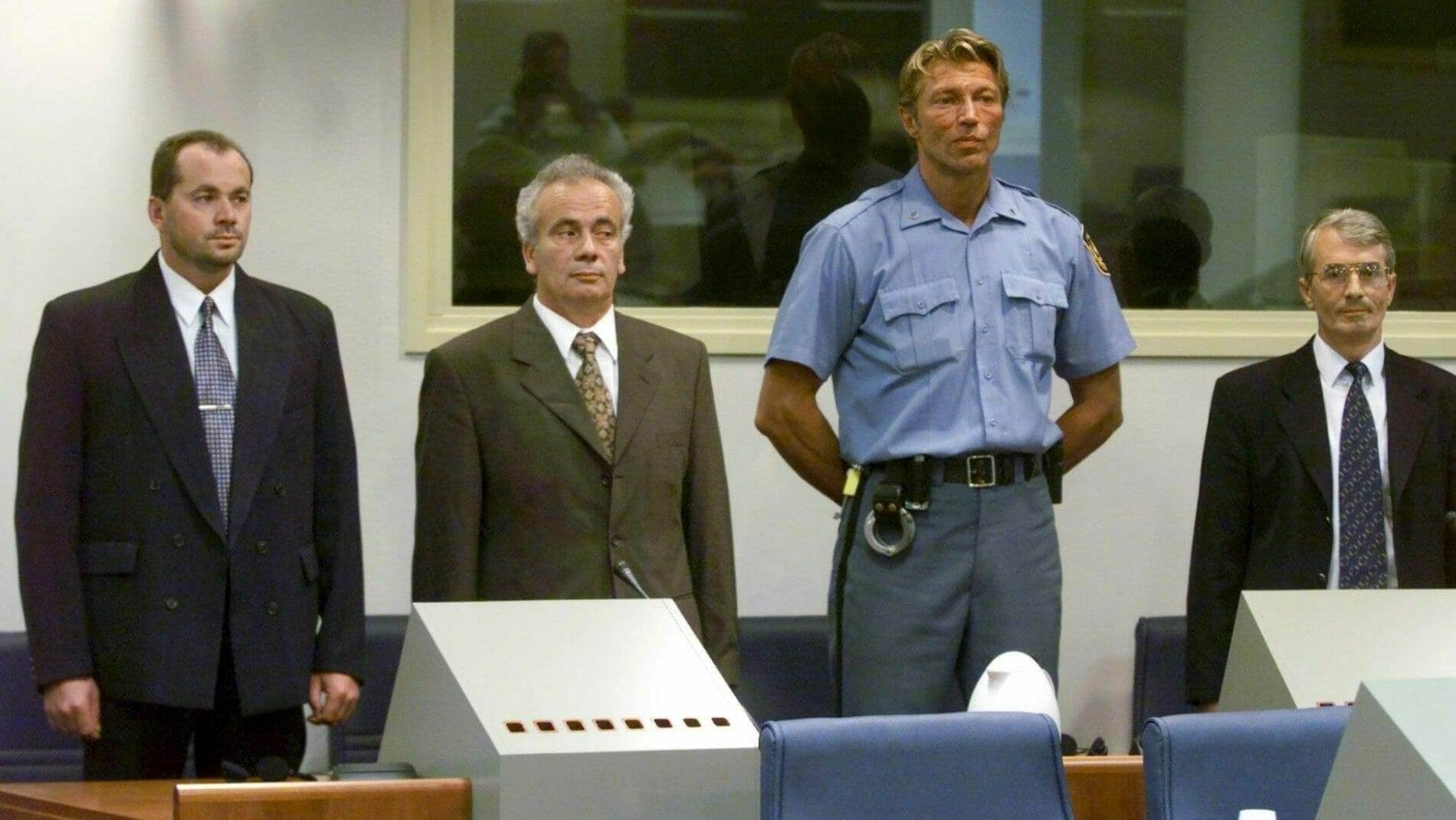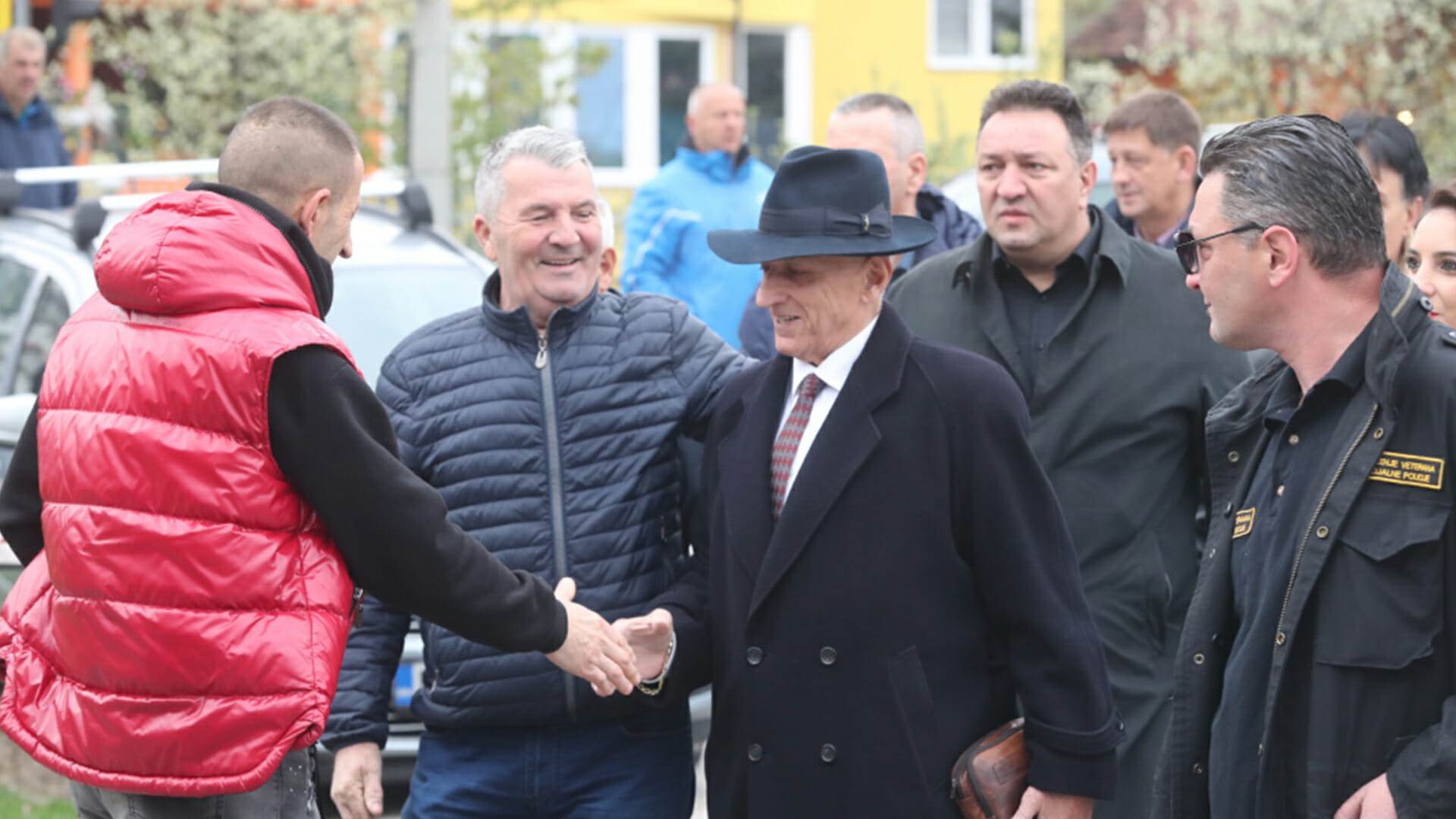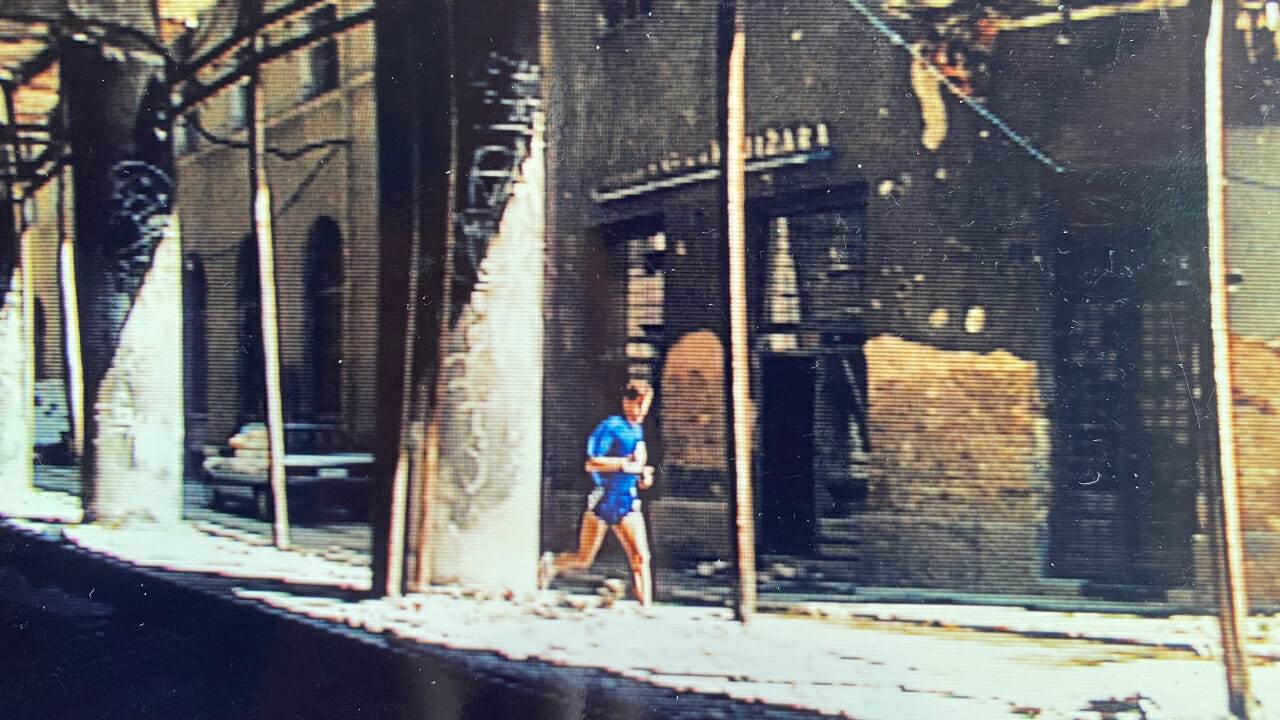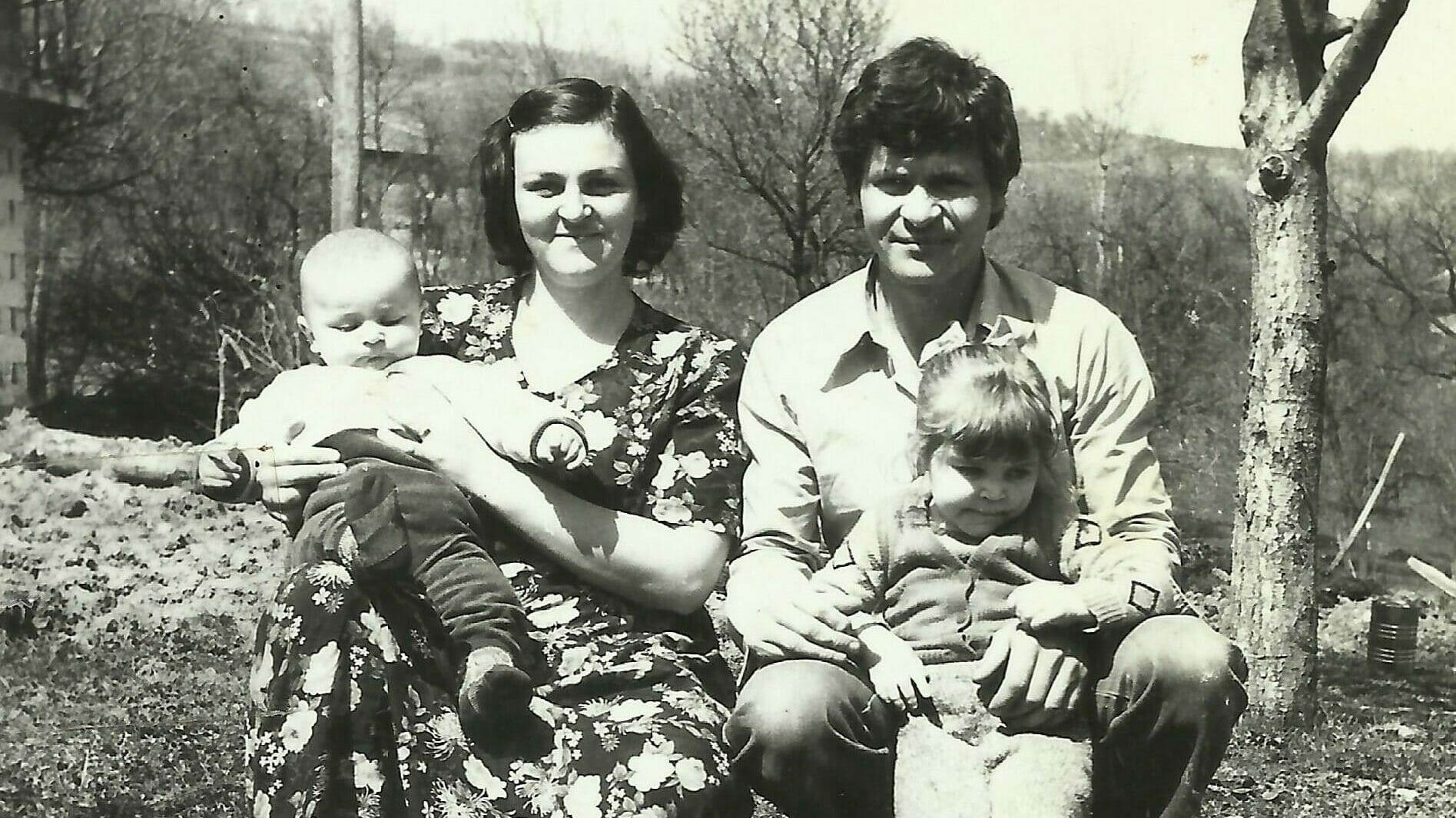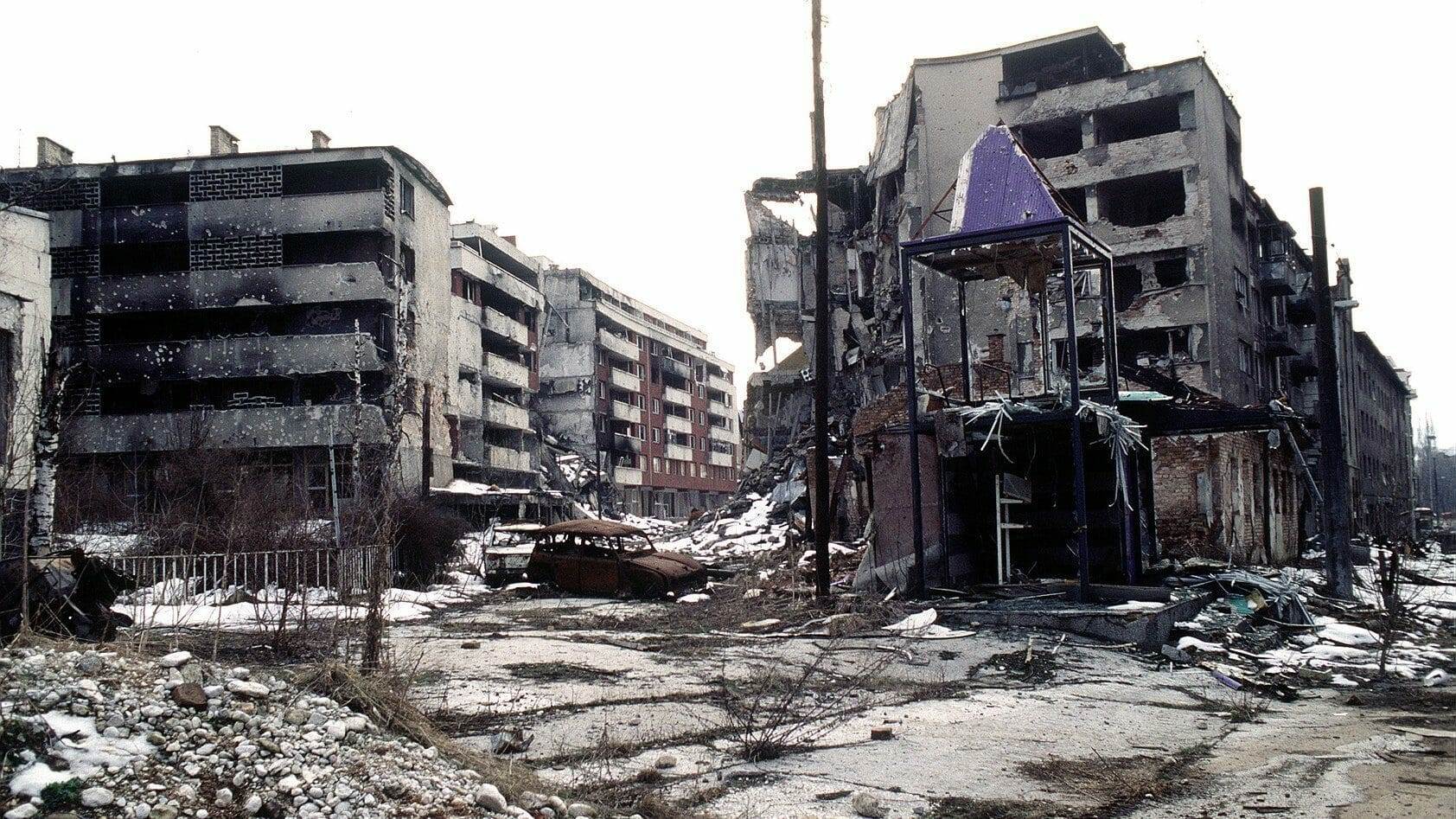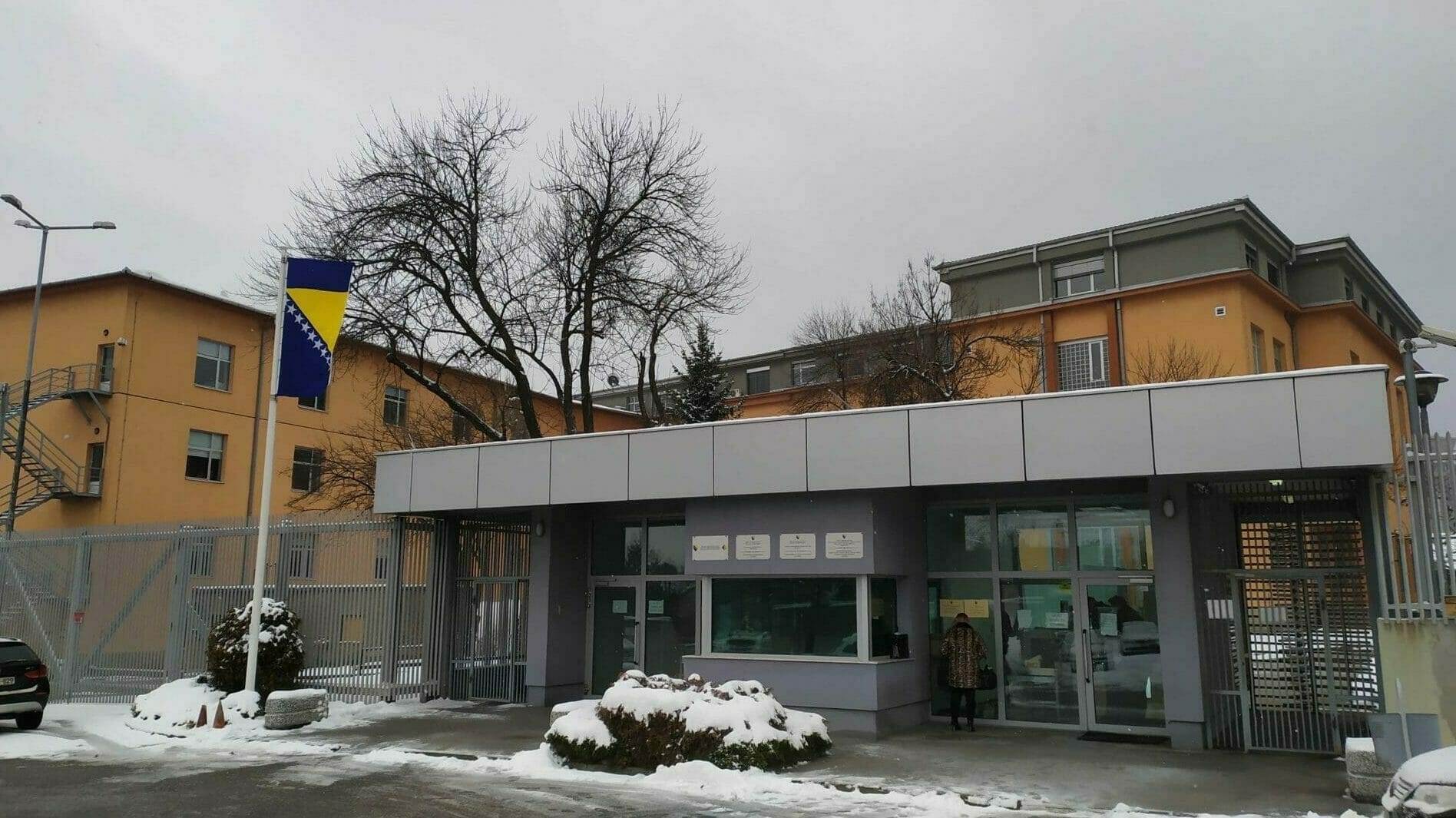Bosnian Serb Army ex-soldier Mile Stojanovic is charged with participating in the illegal detention of around 150 Bosniak civilians, two of whom died, in the Rajlovac area, near Sarajevo, in...
Bosnian Serb Army ex-officer Veljko Papic appealed against his conviction for forcing civilians to do hard labour on the front lines in the Bosnian capital and making some of them...
Ten defendants including Ejup Ganic, a member of Bosnia’s wartime presidency, pleaded not guilty to involvement in the killings of retreating Yugoslav People’s Army soldiers in Sarajevo in 1992.
The Bosnian capital will host its third Pride March on June 25 with a special emphasis of bringing families with queer members closer.
Bosnian war survivors and international organisations criticised a decision by Sarajevo’s Novi Grad municipality to name a street after general Mehmed Alagic, who died before the end of his trial...
Dragan Vikic, the wartime commander of a Bosnian interior ministry police unit in besieged Sarajevo, was acquitted of involvement in the killing of eight Yugoslav People’s Army prisoners in 1992.
Despite shelling and sniper fire, Sarajevo’s sportsmen and women kept on training throughout the 1992-95 siege of the city, and even managed to represent Bosnia at international tournaments.
For families still searching for loved ones who went missing in wartime Sarajevo, the 30th anniversary of the start of the siege of the capital is a painful reminder that...
Wartime Bosnian Serb Army officer Veljko Papic’s conviction for forcing civilians to do hard labour on the front lines in besieged Sarajevo in 1993-94 was overturned and a retrial ordered.
Following a request by BIRN BiH for more transparency in the justice system, the State Prosecution has started publishing redacted factual descriptions from confirmed indictments on its website.
